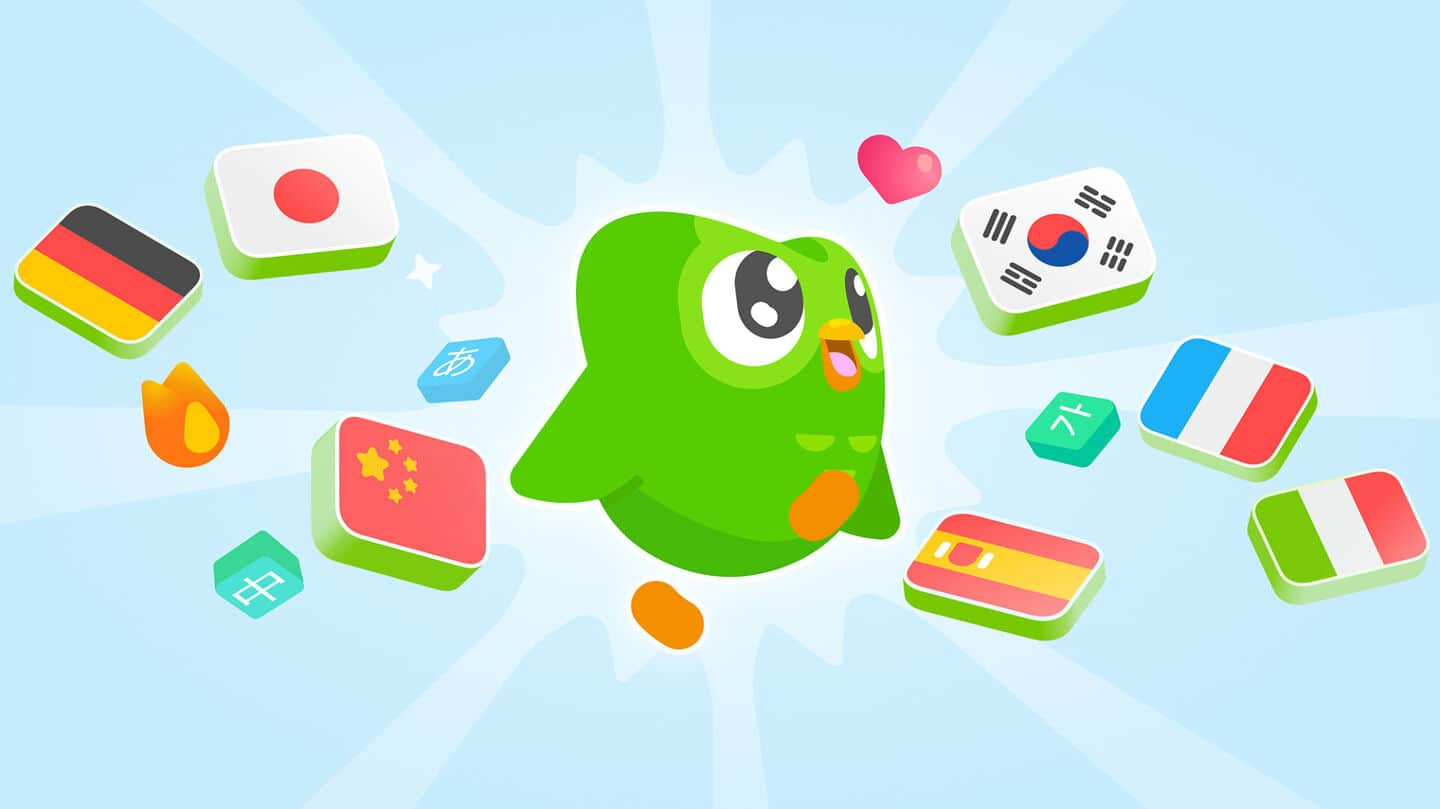
Duolingo launches nearly 150 new language courses using AI
What's the story
Duolingo, an online platform for learning languages, has announced the launch of 148 new courses. The major expansion was made possible through artificial intelligence (AI). The company said this achievement is "more than doubling" its available courses in less than a year. "This launch makes Duolingo's seven most popular non-English languages—Spanish, French, German, Italian, Japanese, Korean, and Mandarin—available to all 28 supported user interface (UI) languages, dramatically expanding learning options for over a billion potential learners worldwide," the company said.
Efficiency boost
AI accelerates course creation
Duolingo claims that creating a single new course has traditionally taken "years," but the company was able to expedite this process through advancements in generative AI, shared content systems, and internal tooling. The company has introduced an approach called "shared content," which allows employees to create a base course and quickly adapt it for different languages. This innovative method has significantly reduced the time required for developing new courses.
Quality assurance
AI ensures high-quality course content
Jessie Becker, Duolingo's senior director of learning design, highlighted how generative AI is affecting the quality of courses. By leveraging AI to create and validate content, she said, the company can direct its expertise where it matters most. This way, every course meets Duolingo's stringent quality standards. The use of AI has not just sped up course creation but also kept the quality high for the company's offerings.
Strategic shift
Future strategy: An AI-first approach
Duolingo's co-founder and CEO Luis von Ahn recently announced an "AI-first" strategy in a memo to staff. The company plans to gradually stop using contractors for tasks that AI can handle. AI use will now be evaluated during hiring processes and as part of performance reviews. Von Ahn said "headcount will only be given if a team cannot automate more of their work." This strategic shift marks a significant move toward increased automation within the company.
Workforce commitment
Duolingo remains committed to maintaining its workforce
Despite the transition to an AI-first approach, Duolingo has promised that it has no plans to reduce full-time headcount or hiring. Any changes to contractor staffing would be looked at on a case-by-case basis. The company has been using and testing AI for years and is confident of its capabilities. "Internally, many teams are already embracing and using AI in their work, and have been for years," said Sam Dalsimer, a spokesperson for Duolingo.
Reactions
Backlash over AI expansion
While Duolingo promotes its AI-driven progress, the company is under fire from users upset about its plans to replace workers and deepen AI integration in the app. Many have voiced their frustration on social media, citing a drop in content quality and accuracy. Some have even deleted the app and urged others to do the same. Meanwhile, Duolingo notes that the new language courses are mainly intended for beginners.